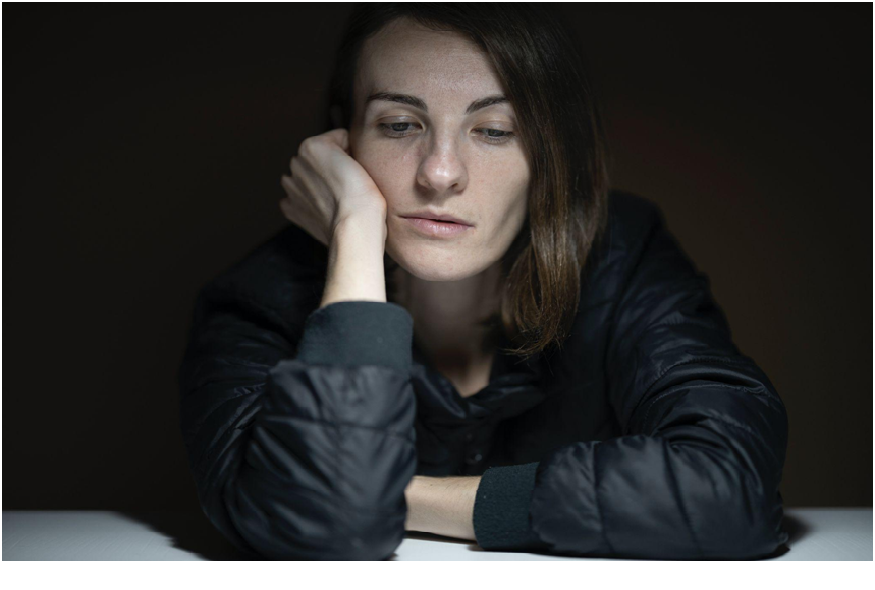Millions of people worldwide suffer from depression and anxiety. Unfortunately, many of them seeking relief, self-medicate with drugs or alcohol. In fact, mental health issues and addiction statistically go hand-in-hand. You may even know someone close to you that is going through something similar.
The combination of anxiety, depression and addiction oftentimes develops into a complex and toxic entanglement. For some people, their mental health issues lead to substance abuse, and for others, severe substance abuse turns into mental health issues. Either way, it can quickly and easily become codependent. Thankfully, there are many resources throughout Phoenix for anyone needing help, questions answered, or guidance.
No matter which way you look at it, in the long run, addiction makes dealing with depression and anxiety more difficult because they both feed and fuel each other. Regardless of what you’re experiencing, always know help is available. A Phoenix anxiety therapist will listen to what you’re feeling and offer tools to develop better coping mechanisms and ways of managing depression and anxiety.
We talked with some local therapists who regularly help people trying to cope with depression, anxiety and addiction to learn more about how they overlap and what someone can do to find relief.
How Common is Depression, Anxiety and Addiction?
Anxiety type disorders are amongst the most common mental health issues in the U.S., affecting approximately 40 million adults. Not only that, but it’s common for someone with an anxiety disorder to also suffer from depression or vice versa. Roughly half the people diagnosed with depression are also diagnosed with an anxiety disorder. Furthermore, the National Institute on Drug Abuse estimates that individuals with anxiety are twice as likely to suffer from substance abuse as the general population.
Addiction is also very common among people battling depression. An estimated 30% of people with major depressive disorder also have an alcohol problem. Unfortunately, alcohol abuse can leave people feeling lonely, sad and hopeless which can exacerbate feelings of depression. Even though a drink or two can make a person feel relaxed and euphoric, when consumed excessively, it can cause someone to have a downward spiral of negative emotions and act impulsively or recklessly.
In fact, since alcohol is a depressant it can cause temporary disruptions in the balance of the brain affecting thoughts, feelings, and actions. Chronic abuse of drugs or alcohol can lead to more permanent changes in the brain, which can turn into mental health issues such as depression, anxiety, irritability, hallucinations, and other problems.
How Therapy Can Help
Unfortunately, attempts at self-medication often backfire by intensifying the feelings and emotions of anxiety and depression. Professional help is the best way to combat addiction and learn to cope. If your or someone you love is struggling with depression and anxiety, reach out to a therapist near you.

